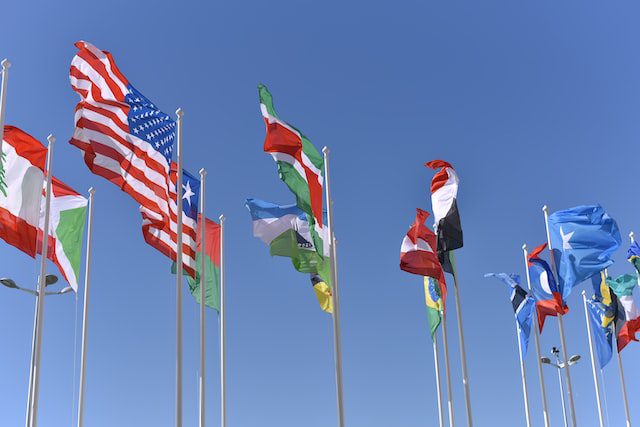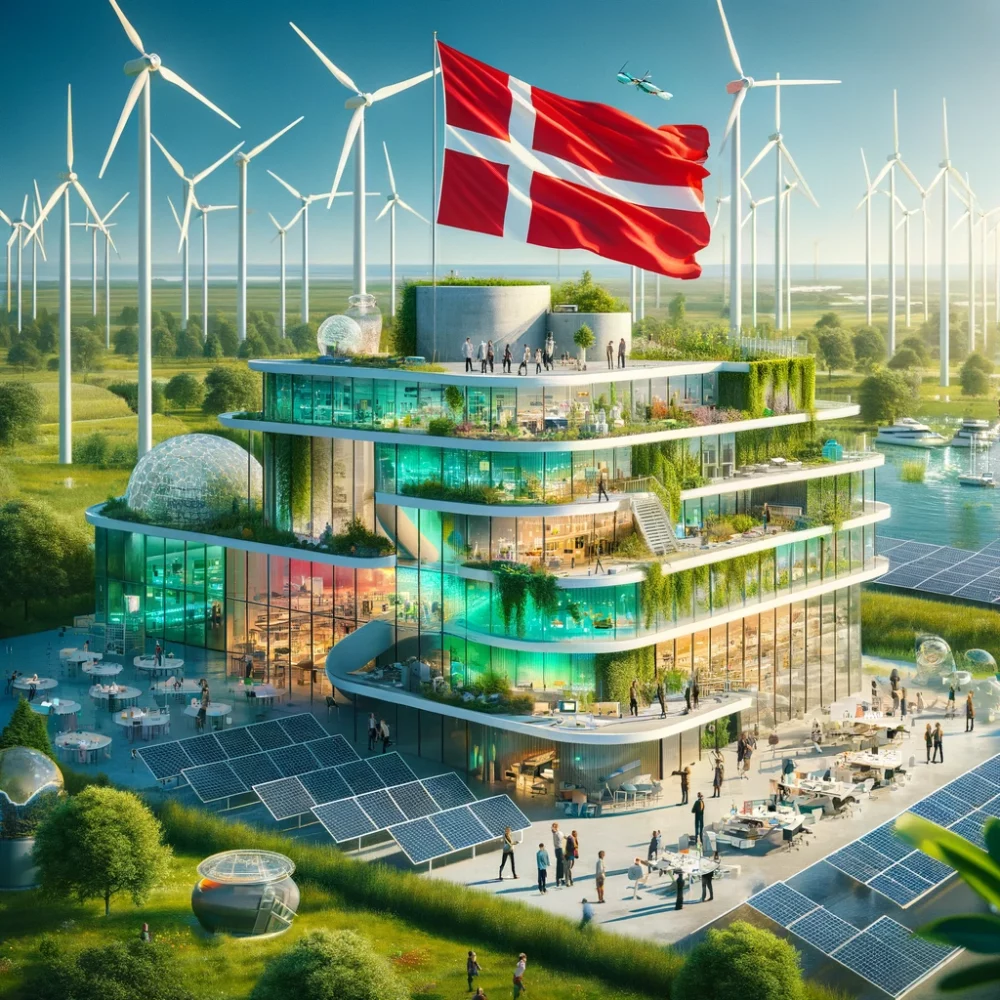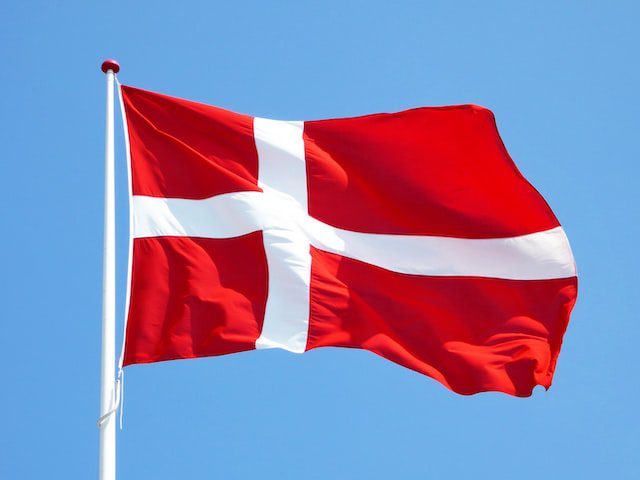Scholarship details
Here are some key points about the Roskilde University Scholarships:
- Eligibility: The scholarships are typically open to non-EU/EEA students, as EU/EEA students are already eligible for free tuition at Danish universities. To be eligible, applicants must have a Bachelor’s degree or equivalent, meet the academic requirements for the Master’s program they are applying to, and demonstrate excellent academic performance.
- Coverage: The scholarships may cover full or partial tuition fees and, in some cases, may also provide a monthly stipend to help with living expenses.
- Application Process: To be considered for the scholarship, applicants usually need to apply for admission to a Master’s program at Roskilde University first. The scholarship application process is typically a separate step and requires candidates to submit additional documents, such as a motivational letter, academic transcripts, and letters of recommendation.
- Selection Criteria: The selection of scholarship recipients is based on academic merit and other criteria set by the university. Applicants are evaluated based on their academic achievements, motivation, and potential to contribute positively to the university community.
- Deadline: The application deadline for scholarships is usually around the same time as the application deadline for the Master’s program. It is essential to check the specific deadlines for each scholarship round, as they may vary.
- Number of Scholarships: The number of scholarships offered may vary from year to year, and not all Master’s programs may have dedicated scholarships available.
What are the Eligibility Requirements for the Roskilde University Scholarships:
The eligibility requirements for the Roskilde University (RUC) Scholarships may include the following:
- Non-EU/EEA Citizenship: The scholarships are typically open to students who are not citizens of any EU/EEA country. EU/EEA students are generally eligible for free tuition at Danish universities.
- Bachelor’s Degree: Applicants must hold a Bachelor’s degree or equivalent from a recognized university or institution. The Bachelor’s degree should be relevant to the Master’s program they are applying for at Roskilde University.
- Academic Excellence: Applicants should have a strong academic record and demonstrate excellent achievements during their previous studies. The university will consider factors such as academic transcripts and GPA when evaluating candidates for the scholarships.
- Admission to a Master’s Program: To be eligible for the scholarships, candidates must first apply for admission to a full-degree Master’s program at Roskilde University and be accepted into the program.
- Motivational Letter: Applicants are often required to submit a motivational letter along with their scholarship application. The letter should explain the candidate’s reasons for applying to Roskilde University, their motivation for pursuing the chosen Master’s program, and how they believe they can contribute to the university community.
- Letters of Recommendation: Some scholarship applications may require applicants to provide letters of recommendation from academic or professional referees who can attest to the candidate’s academic abilities and potential.
What is the total award for the Roskilde University Scholarships:
The scholarship award could cover full or partial tuition fees and, in some cases, may also include a monthly stipend to assist with living expenses.
It’s essential to note that the scholarship offerings and funding amounts can change from year to year. Scholarships are often subject to availability, and the number of scholarships awarded may vary based on the available funds and the number of qualified applicants.

Source: Pexels.com
Student Visa’s to Study in Denmark
If you are a foreign student planning to study in Denmark, you will typically need a student visa or a residence permit to stay and study in the country. The specific type of visa or permit required depends on your nationality, the duration of your studies, and the type of educational program you will be attending. Here’s an overview of the visa options for studying in Denmark:
- Short-Term Study Visa (Schengen Visa): If you are a citizen of a country that is part of the Schengen Area and you plan to study in Denmark for a short period of time (up to 90 days), you may need to apply for a Schengen Visa for study purposes. This visa allows you to study short-term courses, language courses, or attend conferences and seminars.
- Long-Term Study Visa (Residence Permit): For studies exceeding 90 days, you will need to apply for a long-term residence permit for study purposes. The specific type of residence permit depends on the duration of your studies and whether you will be pursuing a full-degree program or an exchange program. The two main types of residence permits for students are:a. Study Residence Permit (For Full-Degree Programs): If you have been accepted into a full-degree program at a Danish university or educational institution, you will need to apply for a Study Residence Permit. Exchange Residence Permit (For Exchange Programs): If you are participating in an exchange program between your home university and a Danish university, you will need to apply for an Exchange Residence Permit.
Application Process: To apply for a student visa or residence permit, you will need to submit the required documents, including proof of acceptance to a Danish educational institution, proof of sufficient funds to cover living expenses, health insurance coverage, and a valid passport. The application process can be completed at the nearest Danish embassy or consulate in your home country.
It is crucial to start the application process well in advance to ensure sufficient time for processing. Additionally, be sure to check the specific visa requirements and procedures on the official website of the Danish Immigration Service or the nearest Danish diplomatic mission in your country.
Please note that visa and residence permit regulations can change over time, so it’s essential to verify the latest requirements before applying for your student visa to study in Denmark.
The Annual and Renewable Options For This Scholarship
This is an annual scholarship opportunity.
The deadline falls on January 15, 2024. This is the only listed date for this scholarship opportunity.
Other available scholarships to look at are €40,000 IAEA Marie Sklodowska-Curie Fellowship Program ( MSCFP) for Female Masters Degree Students of IAEA Member States by the International Atomic Energy Agency, Austria 2024 or $1,000 Quality Comix Scholarship Program.
All applicants should consult the contact webpage that is in the contact section of this page if a question has not been answered. Beforehand check the university’s FAQs page to see if anything can be answered right away.
All students should check with the university website about any delays or changes to the open submission window or deadline time frame. This is the best way to see if anything needs to be reviewed or changed before submitting their application. Anyone can sign up to receive a university website newsletter to stay updated on the latest information.
Any student unsure about the rules and guidelines meant to be followed by the recipient should consult the website link provided. Anyone looking for more information that is not found on the website should contact the email address.
We also suggest that all applicants read through the information guideline page that is available through the original scholarship link. This way, the individual can navigate the website correctly and identify the real scholarship online application. So far there has been no mention of any delays for this opportunity or any cancellations.




















